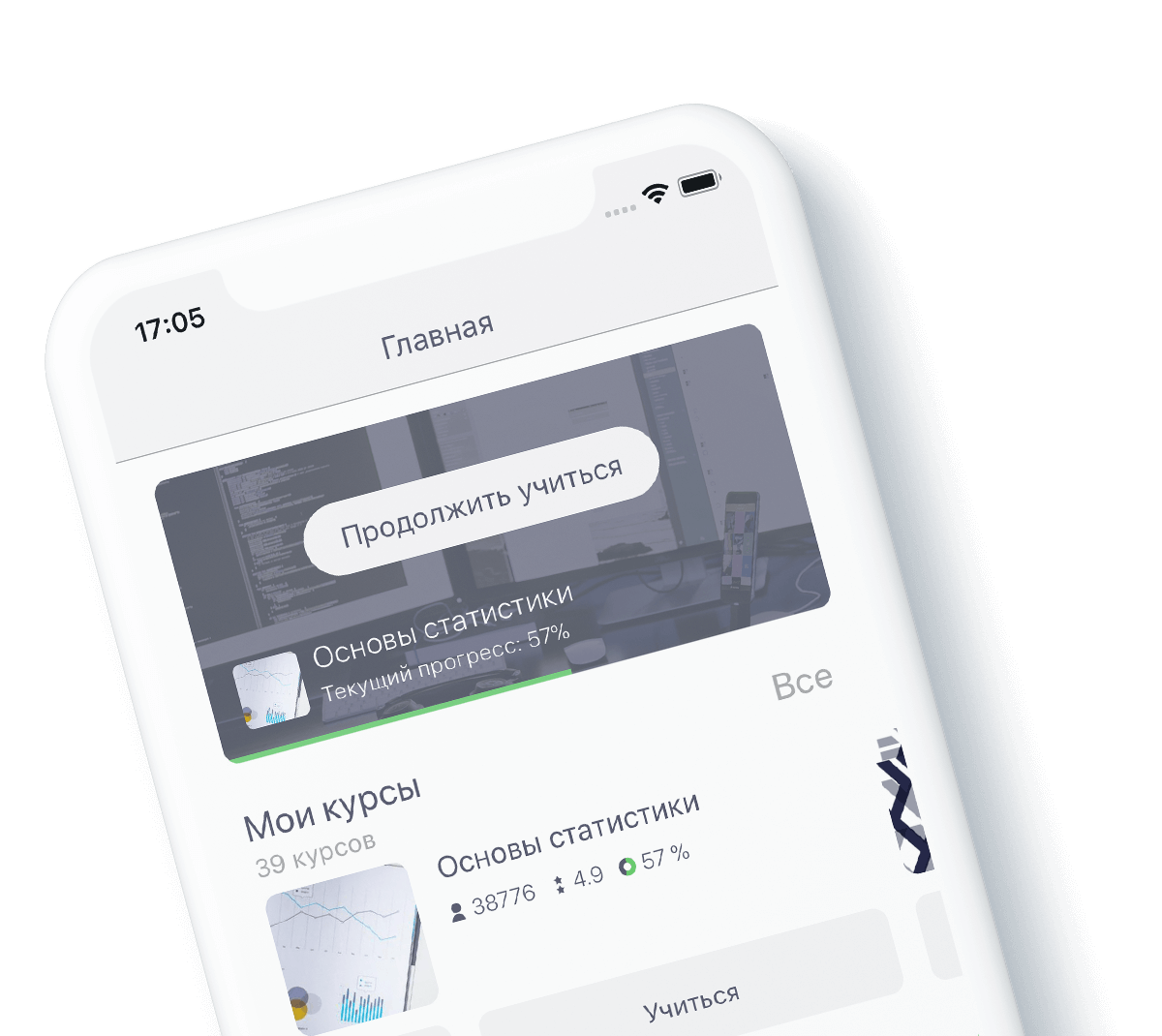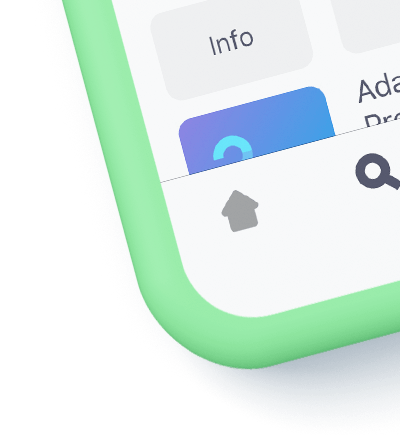О курсе
Welcome to the course "Medical Russian: Interviewing a Patient "!
The number of Russian patients seeking medical treatment in your country is constantly increasing, as is the use of telemedicine technology in the treatment and counseling of Russian patients.
One of the most important aspects of an accurate diagnosis and the selection of an appropriate treatment approach for a condition is interviewing the patient. In dealing with Russian patients, a doctor cannot always rely on the assistance of translators. The translator, as a philologist, may misunderstand or mistranslate crucial information regarding the patient's condition, resulting in irreversible and, in some circumstances, deadly mistakes in diagnosis and treatment selection. The doctor must have direct contact with the patient, which is difficult unless the doctor knows at least the basics of doctor-patient questions and possible responses, as well as the capacity to ask these questions in Russian.
The course "Medical Russian: Interviewing a Patient" will help you quickly and effectively learn all of the skills you'll need to conduct an interview with a Russian patient, as well as understand and correctly interpret the information you'll learn throughout the interview. You'll also learn to read, comprehend, and fill out medical papers used in Russian medicine, as well as listen to, read, and understand particular medical literature on the issues of illnesses from the major pathophysiologic groups.
You don’t need any previous subject-matter experience. We will guide you through all the necessary steps.
So, welcome and let’s get started!
Module 1: We have a new patient: passport details. In this module, students will review the course "Medical Russian: Interviewing a Patient ", learn main strategy and specifics of the interviewing a patient, acquire necessary knowledge, skills and abilities to get general information about a patient: passport data, life, occupational, social, allergological, hereditary history, etc. They will also learn to fill out the patient’s medical chart with the general information of a patient.
Module 2. At a cardiologist's office. In this module students will learn how to Interview a patient with the symptoms of a cardiac disease, as well as the different variants of the answers of cardiology patients to the doctor’s questions. They will also learn to listen, read and understand special medical texts on the problems of the heart diseases, and get skills and abilities of filling out medical chart of a patient with symptoms of a heart disease.
Module 3: A patient has got a respiratory disease. In this module students will learn how to interview a patient with the symptoms of a respiratory disease, as well as the different variants of patient’s answers to the doctor’s questions. They will also learn to listen, read and understand special medical texts on the problems of the respiratory diseases, and get skills and abilities of filling out medical chart of a patient with symptoms of a respiratory disease.
Module 4. At the gastroenterologist’s office. Students will study both the ways of interviewing a patient with gastrointestinal problems and many variations of the patient's replies to the doctor's queries in this module. They'll also learn to listen to, read, and understand particular medical materials about gastrointestinal illnesses, as well as develop skills and abilities for filling up a patient's medical file.
Module 5. At the nephrologist’s office. This module will provide the students to be able to interview a patient with urologic illness symptoms, as well as to study the possible forms of the patient's replies to the doctor's requests. The students will also learn to read and analyze the special medical publications that are connected with the urologic disease issues and expand the skillset for filling up a medical chart for a patient with urologic disease symptoms.
Module 6. A patient has got a bile ducts disease. The coursework of this module includes the possible ways of interviewing a patient that is having the symptoms of a bile ducts disease as well as many variations of patient’s responses to the doctor's queries. They will furthermore tend to listen, read and understand specific medical literature about bile duct disorders and how to fill up a medical file for a patient with bile duct disease symptoms.
Авторы курса:
Куриленко Виктория Борисовна – доктор педагогических наук, профессор, зав.кафедрой русского языка №5 Института русского языка Российского университета дружбы народов,
Бирюкова Юлия Николаевна – кандидат педагогических наук, доцент кафедры русского языка №5 Института русского языка Российского университета дружбы народов,
Козловская Екатерина Станиславовна - кандидат педагогических наук, доцент кафедры русского языка №5 Института русского языка Российского университета дружбы народов,
Марьянович Далиборка - старший преподаватель кафедры русского языка №5 Института русского языка Российского университета дружбы народов,
Соколова Надежда Васильевна - старший преподаватель кафедры русского языка №5 Института русского языка Российского университета дружбы народов.
Для кого этот курс
Начальные требования
Владение русским языком как иностранным на уровне А2 – В1.


